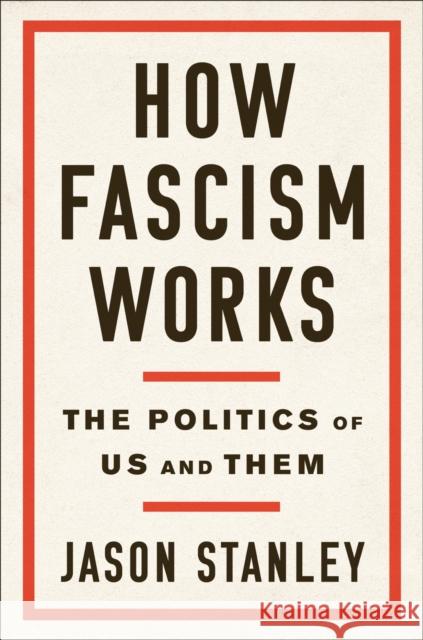How Fascism Works » książka
topmenu
How Fascism Works
ISBN-13: 9780525511830 / Angielski / Twarda / 2018 / 240 str.
How Fascism Works
ISBN-13: 9780525511830 / Angielski / Twarda / 2018 / 240 str.
cena 95,57
(netto: 91,02 VAT: 5%)
Najniższa cena z 30 dni: 95,35
(netto: 91,02 VAT: 5%)
Najniższa cena z 30 dni: 95,35
Termin realizacji zamówienia:
ok. 8-10 dni roboczych.
ok. 8-10 dni roboczych.
Darmowa dostawa!
Kategorie BISAC:
Wydawca:
Random House USA Inc
Język:
Angielski
ISBN-13:
9780525511830
Rok wydania:
2018
Ilość stron:
240
Waga:
0.32 kg
Wymiary:
19.3 x 13.72 x 2.54
Oprawa:
Twarda
Wolumenów:
01
Dodatkowe informacje:
Bibliografia
Wydanie ilustrowane
Wydanie ilustrowane











